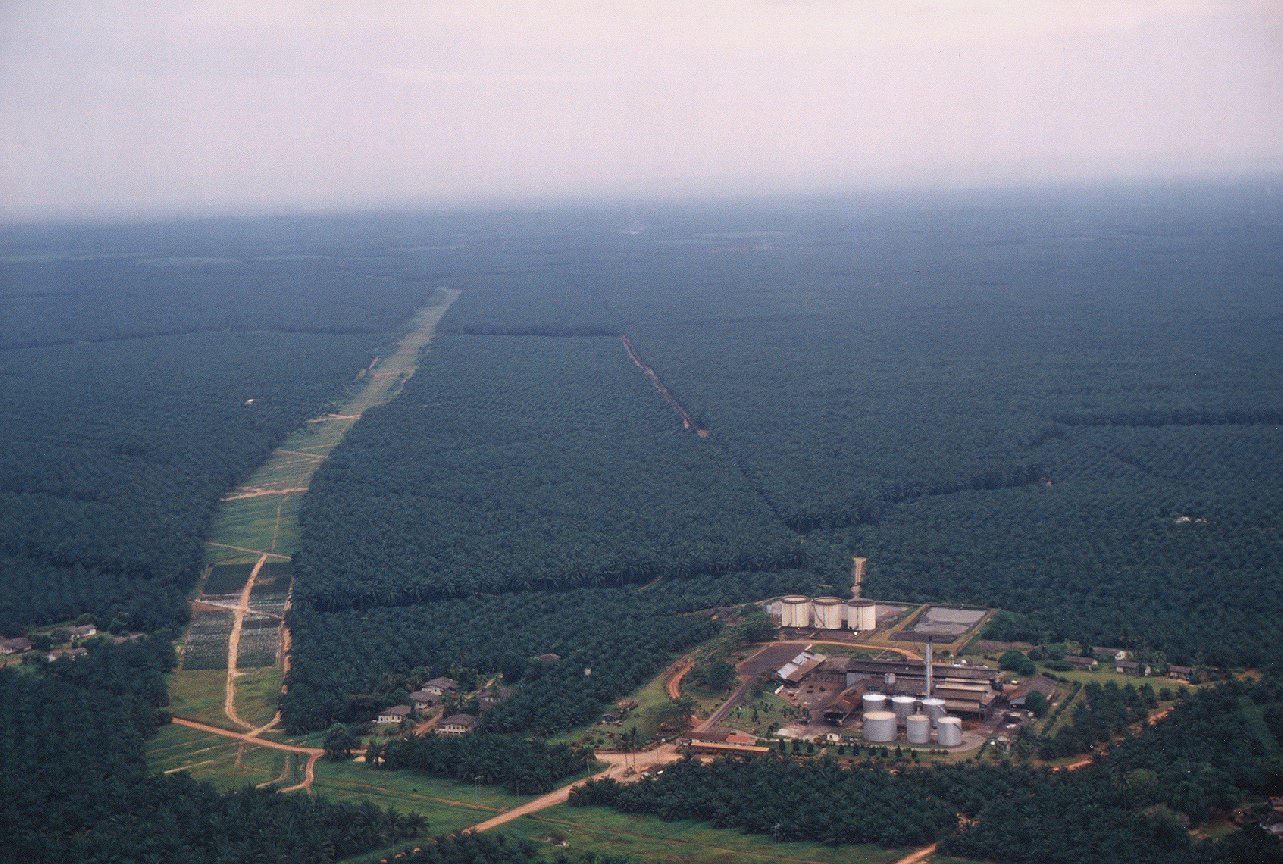Oil palm planting constitutes the major portion of the total agriculture activities in Malaysia. The growth of the oil palm market has directly caused more and more forests in Malaysia to be substituted by oil palm plantations. This is the point where the challenge arises. The tropical rain forests in Malaysia are arguably one of the oldest and richest in biodiversity in the world. The cost of the substitution is so high that it will lead to the chain reaction of bringing down the biodiversity and also the sustainability of the ecosystem. As a result, the extinction of rare species will take place and cause further negative impacts on biodiversity.
 In the state of Sabah, the expansion of oil palm plantations has exploited the sanctuary of the highly endangered Bornean Orangutans. The problem has raised concerns from worldwide organization such as the United Nations Environment Program – World Conservation Monitoring Centre (UNEP-WCMC) and Friends of the Earth (FoE) about the conservation status of this species. They estimated that the orangutans will extinct in 12 years time if the expansion continues without being seized.
In the state of Sabah, the expansion of oil palm plantations has exploited the sanctuary of the highly endangered Bornean Orangutans. The problem has raised concerns from worldwide organization such as the United Nations Environment Program – World Conservation Monitoring Centre (UNEP-WCMC) and Friends of the Earth (FoE) about the conservation status of this species. They estimated that the orangutans will extinct in 12 years time if the expansion continues without being seized.
My blogging buddy : Serene
 In the state of Sabah, the expansion of oil palm plantations has exploited the sanctuary of the highly endangered Bornean Orangutans. The problem has raised concerns from worldwide organization such as the United Nations Environment Program – World Conservation Monitoring Centre (UNEP-WCMC) and Friends of the Earth (FoE) about the conservation status of this species. They estimated that the orangutans will extinct in 12 years time if the expansion continues without being seized.
In the state of Sabah, the expansion of oil palm plantations has exploited the sanctuary of the highly endangered Bornean Orangutans. The problem has raised concerns from worldwide organization such as the United Nations Environment Program – World Conservation Monitoring Centre (UNEP-WCMC) and Friends of the Earth (FoE) about the conservation status of this species. They estimated that the orangutans will extinct in 12 years time if the expansion continues without being seized.My blogging buddy : Serene




